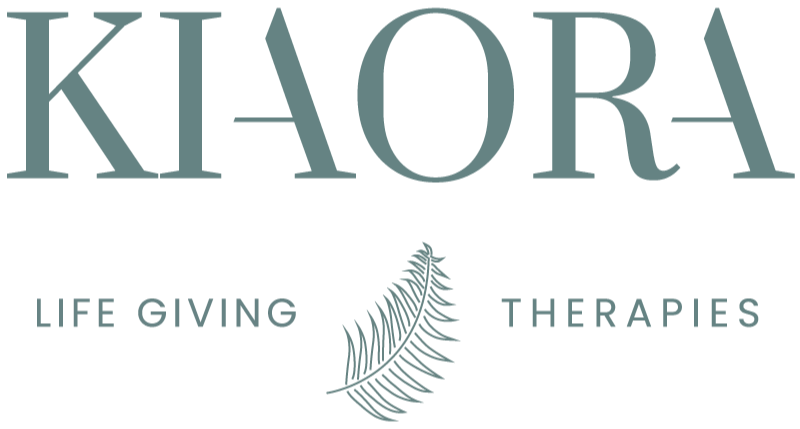9 Eye-Opening Tips To Lose Weight After 40 Simplified

https://www.purple-planet.com/
Apple Podcast - Spotify
Why is it so hard to lose weight for women after 40?
There's a ton of factors contributing to this frustration, and it's important to understand what’s going on. The main culprits behind the challenge of weight loss after 40 come from various sources.
Firstly, our metabolism undergoes changes as we age, impacting how efficiently our bodies burn calories. Additionally, hormonal fluctuations, including the decline in hormones like estrogen, directly influence our metabolism and can lead to insulin resistance and fat accumulation. Lifestyle habits also play a significant role, with factors such as inadequate sleep, dehydration, and unmanaged stress all contributing to slower weight loss.
Despite these challenges, it's important to remember that successful weight loss after 40 is achievable.
UNDERSTANDING THE CHALLENGES IN MIDLIFE
I hate to be a bearer of bad news, but as a trainer and coach for many years, I've noticed how much harder it is for women to lose weight and belly fat when they hit menopause. It typically starts in our 40s, and if we're not strategic about eating, exercise, and lifestyle factors, we may find weight loss challenging. It is so frustrating when you don’t feel like you’ve changed anything about your eating or lifestyle, only to find extra pounds accumulating. On average, postmenopausal women gain about 10 pounds, often more than they were trying to lose before reaching their midlife years. But here's some hope: understanding what's going on is the first step towards fixing it.
Let's talk about how your metabolism changes. Scientific studies tell us that your metabolism is highest in the first two years of life and remains relatively steady until around 60. It's only after 60 that we start to notice a decline, influenced by our lifestyle habits. Your metabolism is essentially your body's ability to burn fuel, including fat and macros. Aging impacts your metabolism through hormonal changes, activity levels, sleep quality, and stress.
The good news is we can maintain a healthy metabolism with the right lifestyle choices.
One major contributor to slow weight loss is hormonal changes. As estrogen declines during menopause, it affects glucose regulation and insulin sensitivity, leading to fat storage, especially around the abdomen. Lifestyle factors like nutrition, stress management, and sleep quality play crucial roles too. Chronic stress elevates cortisol levels, promoting fat storage, particularly in the belly area. Therefore, managing stress, improving sleep, and adopting healthy eating habits become essential for weight management after 40.
STRATEGIES FOR SUCCESS AFTER 40
We want to have an anti-inflammatory diet, which is why I love Trim Healthy. Everything it teaches revolves around whole foods, which are crucial in midlife. However, your Trim Healthy eating plan must be approached differently. The main focus should be on protein to increase longevity. Slow-burning carbs should be consumed in the right setting. We adopt a lighter fat-focused meal approach, aiming for around 15 grams of fat, and prioritize fats like avocado, nuts, seeds, and fermented dairy, which are beneficial for gut health.
You must include vegetables in your diet for fat loss, detoxification, and feeding good bacteria in the gut. While enjoying treats occasionally, it's essential to avoid off-plan indulgences as they can increase inflammation and belly fat. Building muscle is key, as it helps increase metabolism, strength, and overall longevity. Needle-moving exercises for women over 40 include strength training and resistance exercises.
To address lifestyle factors like sleep and stress, consider optimizing your sleep routine by reducing exposure to blue light before bed and ensuring a dark sleeping environment. Practice deep breathing or use meditation apps to calm the nervous system. Taking breaks during the day, spending time outdoors, and journaling can also help reduce stress levels. Incorporating these simple practices into your routine can significantly impact cortisol levels and overall well-being.
MAINTAIN MOTIVATION AS A TRIM, HEALTHY WOMAN
I recently received a message from a member of my Feminine Freedom Pathway group, sharing her success story. Despite struggles and setbacks, she persisted with planned eating, daily walking, and weight training. She shared her immense gratitude for the support and patient coaching she received. While progress may be slow at times, staying committed and having a supportive community can make all the difference.
In summary, losing weight after 40 can be challenging due to various factors such as metabolism changes, hormonal shifts, and lifestyle habits. However, with dedication and the right strategies, it's possible to overcome these obstacles. By focusing on anti-inflammatory nutrition, incorporating regular exercise, managing stress, and prioritizing sleep, you can support your body's natural processes and achieve your weight loss goals. Remember, progress may be gradual, but staying consistent and patient is key. With determination and support, you can navigate this journey with confidence and empowerment.




